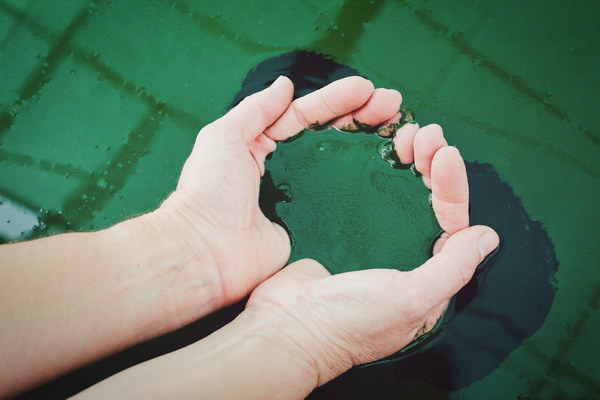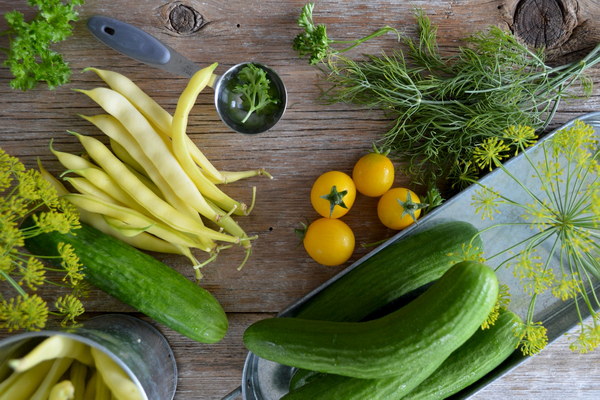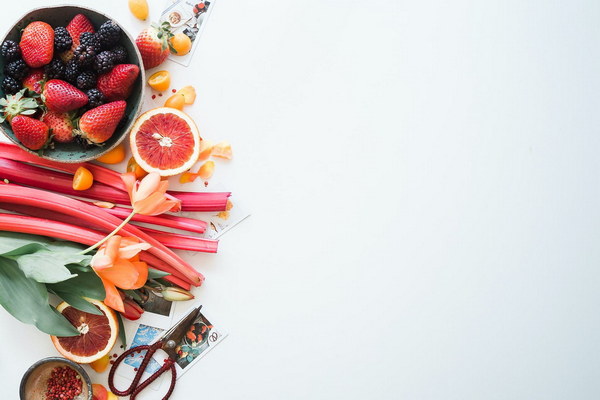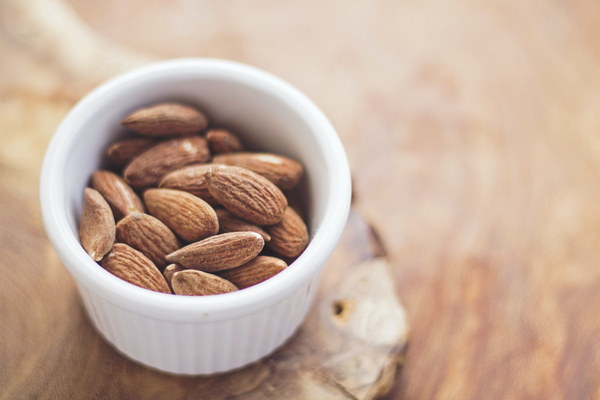How to Distinguish Genuine from Fake Tonifying Chinese Herbs A Comprehensive Guide
In the realm of traditional Chinese medicine, tonifying herbs play a vital role in enhancing the body's vital energy, or 'Qi'. However, with the increasing popularity of these herbs, the market has become flooded with fake or substandard products. Here, we provide you with a comprehensive guide on how to distinguish genuine from fake tonifying Chinese herbs.
1. Source and Origin
Genuine tonifying herbs are typically sourced from well-known regions renowned for their high-quality products. Some of the most reputable sources include Sichuan, Hubei, and Guangdong provinces in China. When purchasing tonifying herbs, always check the origin and source of the product. A reputable seller should be able to provide detailed information about the source of the herbs.
2. Appearance
Genuine tonifying herbs have distinct physical characteristics that set them apart from fake ones. Here are some key aspects to consider:
a. Color: Genuine herbs usually have a vibrant, natural color. For example, ginseng roots should be a rich, golden brown, while goji berries should be bright red.
b. Texture: Genuine herbs are typically hard, dense, and have a fibrous texture. Fake herbs may be soft, flaky, or have an unusual texture.
c. Smell: Genuine tonifying herbs have a distinctive aroma that is often described as earthy or woody. Fake herbs may have a chemical smell or no smell at all.
3. Taste
Tasting the herb is an essential step in determining its authenticity. Genuine tonifying herbs have a unique taste that can be bitter, sweet, or slightly astringent. Fake herbs may taste like sugar, salt, or have no taste at all.
4. Price
Genuine tonifying herbs can be expensive due to their rarity and quality. If a price seems too good to be true, it probably is. Be wary of sellers offering extremely low prices, as they may be selling fake or substandard products.
5. Authentication
Many tonifying herbs have specific authentication marks or stamps that indicate their origin and quality. These stamps are often found on the packaging or the herb itself. Some of the most common authentication marks include the Chinese Pharmacopeia mark, the Good Manufacturing Practices (GMP) mark, and the Organic Certification mark.
6. Reputation
When purchasing tonifying herbs, it is essential to buy from a reputable seller or manufacturer. Look for reviews, testimonials, and certifications that demonstrate the seller's commitment to quality. Additionally, consider buying from a well-established store or online platform that has a good reputation.
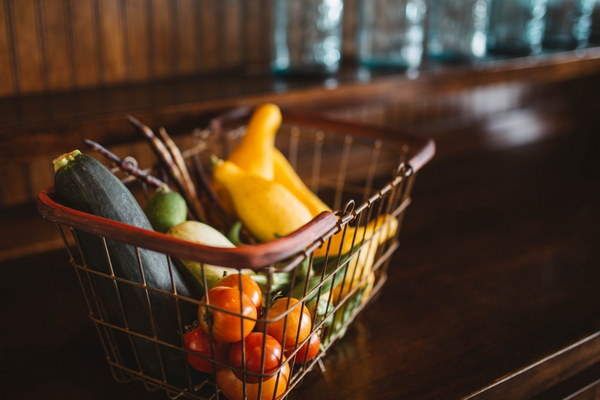
7. Expert Consultation
If you are still unsure about the authenticity of the tonifying herbs, it is advisable to consult with a qualified traditional Chinese medicine practitioner or herbalist. They can help you identify genuine herbs and provide guidance on the best options for your specific needs.
In conclusion, distinguishing genuine from fake tonifying Chinese herbs requires attention to detail and a keen sense of observation. By following the steps outlined in this guide, you can ensure that you are purchasing high-quality, authentic herbs that will help enhance your health and well-being.
